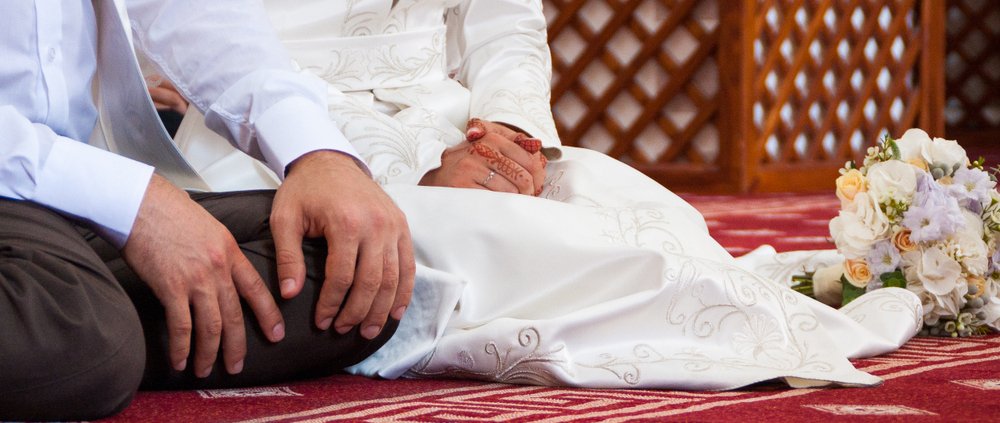
Consider volunteering at a hospice if you want to give back. There are many different ways that you can help people in need. You can help patients by playing games or visiting their homes. Volunteering in a hospice can prove to be meaningful and rewarding. Learn more about the various volunteer opportunities available and how to get started.
Becoming a hospice volunteer
Volunteering for a hospice provides a meaningful way for people to help others in need. Hospice volunteers provide many services. These include listening to and comforting patients and assisting them with their daily activities. They can be there to supervise the pets of family members and take patients out on walks. Volunteers have the option to give as much time or little as they want to the program. Some volunteers spend several hours per week working with patients. Others choose to only spend a few hour a month. Volunteers can make a big difference to a patient and their family.
Hospice volunteers offer comfort and support to patients, their families, and their loved ones. Patients see volunteers as people they know and can relate to. They also offer valuable feedback to hospice care teams.

Hospice volunteer duties
Hospice volunteers provide support and compassion during the end-of-life process. Volunteers form a close bond between the patient's caregiver and the patient, which can significantly improve the quality end-of-life treatment. According to a study by the National Hospice and Palliative Care Organization, hospice programs with more volunteer involvement consistently reported higher patient satisfaction.
Hospice volunteers also visit patients and perform many other tasks. Hospice volunteers provide companionship for patients and their families as well as light housekeeping, transportation, and light housekeeping. If they wish, they may also be assigned administrative duties such as updating admissions packets or filing records.
Training requirements for hospice volunteers
It takes a lot of training to volunteer at a hospice. While some volunteers may not be familiar with the dying process, others may have specialized knowledge that allows them to make a positive difference. Volunteers may be able to do everything from help with bereavement services to assist with grocery shopping or light household maintenance. Some volunteers may be able to help with fundraising activities like preparing mailings or contacting potential donors. Some volunteers might have additional skills such as caring for pets or lawn care.
Volunteers working in hospices must fulfill several training requirements to ensure that they can provide quality care. These include fingerprinting or a medical clearance. Volunteers who have to deal with patients need to attend at least one educational service each year. These courses are meant to help volunteers understand the nature and help patients.

Volunteering for hospice is a great way to help others.
Hospice volunteers can enjoy many benefits, including a wide range of social interactions and the chance to meet people from all walks of life. In addition to helping patients, volunteers can also perform clerical duties like filing paperwork, which keeps the hospice's business running smoothly. Volunteering at a hospice takes compassion and commitment to helping patients.
Stephanie, a volunteer at a local Hospice, was introduced to the program by her mother, a United Methodist minister. She had worked for a senior care home and missed the personal connection she had with senior citizens. She saw a flyer for the program at her local library and immediately emailed the volunteer coordinator.
FAQ
I have trouble trusting my boyfriend because he has cheated. What should I do?
Trust is essential for any relationship. There is no way to connect two people without trust.
You can betrayal when you fall in love. You open your heart to someone, trusting that they will treat and respect you well. You trust that they won’t let anything happen.
Sometimes things go wrong. You may be cheating on your boyfriend. You might lose your job or he may cheat on you. Or maybe he injures himself.
In either case, you probably feel betrayed.
You might also feel confused. Why did this happen? How could he do this to me? Why didn't I find out sooner?
These are all valid questions. But instead of asking them, you need to ask yourself: what will I do now?
What does it mean for him to be forgiven? Does it really make any difference to forgiving him? Is it possible for you to have a loving relationship again with him?
These questions will help you decide what your next steps should be.
You can forgive him and move ahead. You can seek to repair any damage caused by his actions.
Your relationship is likely to end if he refuses to forgive you. He has damaged your trust. It's pointless trying to rebuild it.
Either way, you need to take some time to think through your options.
How do you know if you are dating a real guy?
If he takes you out dancing, cooks for your meals, buys you flowers and treats you better that his friends, then you're probably a good match.
There is more to men that cooking and dancing. It's not just the cooking and dancing that make a guy attractive to women.
You can easily determine if your man is a keeper by asking these questions: Does he make me feel special? Do you enjoy spending time together? Do you find him romantic? Are you attracted to him?
Does he seem interested in knowing how you feel? Does he care about you? Is he open to listening when you talk? Is he respectful of you? Do you have faith in him? Can you trust him?
Because they are indicative of his reliability and trustworthiness, all these attributes are essential. He's not willing to play games with your trust and isn’t afraid of telling you his opinions.
How long should I wait before I begin dating again after a split?
There's no definitive time limit for when you should wait to start a relationship with someone else. These guidelines will help you make the right choice.
First, consider whether you are emotionally ready for a return to romantic relationships.
Are you still bitter about the breakup? Do you struggle to cope with the hurt from your past relationships?
If you're still dealing with these issues, then waiting until you're better able to handle them could be a good idea.
You don't have to wait long if you are able to get over your initial grief and are looking forward to moving on.
You should also consider how well you got along. Do you have time apart?
Did you share hobbies and interests? Was there a lot of laughter and fun?
If you had a good time together, then you probably won't have trouble finding another partner.
However, if you didn't really click, then you might not be able to connect with anyone else. In such cases, it might be a good idea to give yourself more healing time.
Take a look at your current situation. Is it a job, school, or other situation that prevents you from spending time with your family?
Do you have any children? Are they old? What kind of schedule would you have to follow?
These questions can help to determine whether or not you're able to commit enough time to a potential new relationship.
Asking yourself these kinds of questions can also help you avoid making bad decisions. Avoid making rash decisions or rushing to make any purchase.
Statistics
- After analyzing the data and controlling for the influence of other personality traits and demographic factors, she found that gritty men were 17 percent more likely to stay married. (time.com)
- But Gottman's research shows that three years into a relationship if you're not arguing at all, you're much more likely to find yourself arguing in divorce court. (time.com)
- Why Relationships Matter Find a therapist to strengthen relationships With the national rate of divorce hovering close to 50 percent, people understandably wonder how they can make a relationship last. (psychologytoday.com)
- The story they tell predicts with 94% accuracy whether they will divorce in 3 years. (time.com)
External Links
How To
How to rebound from a breakup
There are many reasons to divorce someone. No matter the reason, ending a relationship with someone is difficult. How can you get through this trying time?
The first thing you should do when you realize your relationship isn't working out is to take some time off. Get away from everything and everyone until you've had enough time to think things through. You don't need to travel far; maybe you can just move around the block. The main point is to be open-minded and allow yourself enough space to find out what's happening without outside interference.
Once you feel like you've got your head back together, then it's time to start thinking about what went wrong. Was there something that happened in recent months that ended the relationship? If so, pinpoint what it was. Have you ever made them angry? Are you fair and honest with them? Perhaps you were too harsh with them at times, or didn't communicate enough. Whatever the case, now that you know what caused the end of the relationship, you'll be able to avoid those mistakes in future relationships.
Talk to your family and friends about your situation. They can help you decide if you want to remain with your ex. They can offer advice and support while helping you understand what went wrong and where you stand right now. You might be lucky and they may have some ideas on how to fix it.
Once you have made a decision on whether the breakup was permanent or temporary, it is time to move forward. Don't dwell on past events; instead, use your energy to find new people and live a happy life.